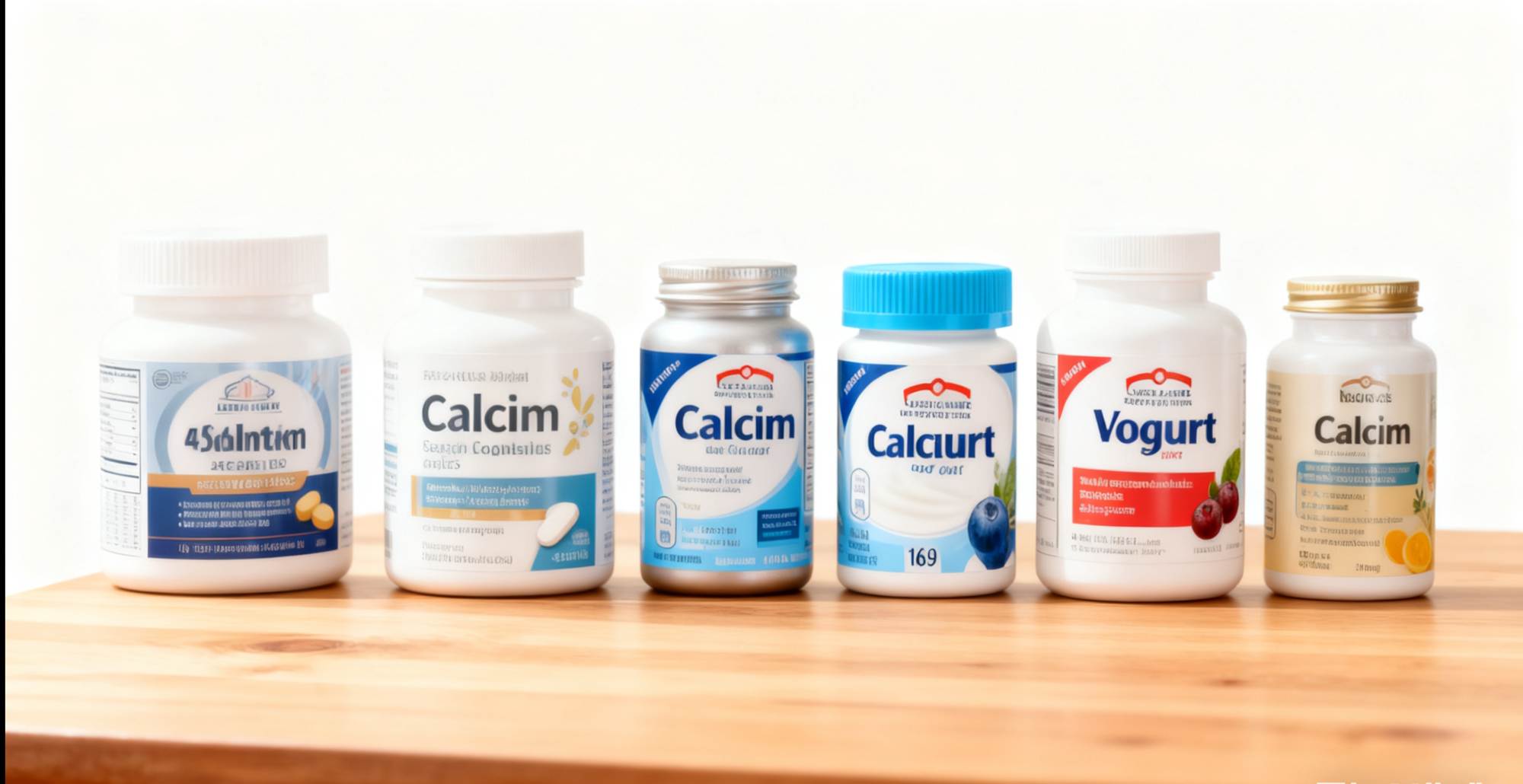As physical activity increases, the body's need for calcium also rises. Many people are starting to pay attention to calcium supplementation: What foods help with calcium absorption the fastest? How to choose calcium supplements? What should special groups pay attention to? Don't worry, remember the following points for scientific calcium supplementation
content
I. Natural Foods are the First Choice for Calcium Supplementation
1.1 Milk and Dairy Products
1.2 Legumes and Legumes
1.3 Leafy Green Vegetables
II. How to Choose Calcium Supplements? Remember These 3 Points!
2.1. Consider the Type
2.2. Add Vitamin D
2.3. Take in Appropriate Amounts
III. Recommendations for Different Groups

I. Natural Foods are the First Choice for Calcium Supplementation
1.1 Milk and Dairy Products
Recommended daily intake: 300-500 grams of milk and dairy products. Drinking one cup of milk and one cup of yogurt daily can meet about half of your calcium needs.
1.2 Legumes and Legumes
Recommended daily intake: 15-25 grams of soybeans and corresponding soy products. Soy products are an excellent source of calcium; for example, 100 grams of dried tofu contains as much as 447 mg of calcium. However, most soy milk has a low calcium concentration; 100 grams of soy milk contains only 5 mg of calcium.
1.3 Leafy Green Vegetables
Almost all dark green vegetables, such as spinach, leeks, romaine lettuce, broccoli, etc., are high in calcium. Furthermore, the magnesium, potassium, vitamin K, and vitamin C in these vegetables can all help improve calcium absorption.
【Tip】Bone broth doesn't provide calcium! The calcium content in the broth is extremely low; drinking too much can actually lead to weight gain.

II. How to Choose Calcium Supplements? Remember these 3 points!
2.1. Consider the Type
Most people should choose calcium carbonate; those with poor digestion or a history of constipation can choose calcium gluconate or calcium lactate.
2.2. Combine with Vitamin D
Vitamin D promotes calcium absorption, so it's recommended to choose calcium supplements containing vitamin D. Additionally, getting plenty of sunshine also helps synthesize vitamin D.
2.3. Take in Moderation
A single calcium supplement should not exceed 500 mg; divided doses are more effective for absorption.

III. Recommendations for Different Groups
Human bone mass reaches its peak around age 30. The earlier you focus on calcium supplementation, the higher your peak bone mass will be, and the lower your risk of developing osteoporosis in old age.

1. The calcium requirement varies among different groups. Calcium requirements vary among different groups. The recommended daily intake for the general population is 800 mg. It is advised to supplement calcium according to this recommended intake.
2. Women need to pay more attention to calcium supplementation than men. Women generally have less bone mass and experience faster bone loss during pregnancy and perimenopause, thus requiring more attention to calcium intake.
3. For older adults, organic calcium supplements are recommended. Older adults often experience reduced gastric acid secretion and decreased gastrointestinal function. Therefore, calcium supplements such as calcium citrate and compound calcium supplements, which are absorbed without the need for stomach acid, are suitable choices. However, it is important to monitor for adverse drug reactions and adjust the dosage accordingly.

Let's use scientific methods to infuse our bodies with vigorous vitality!



